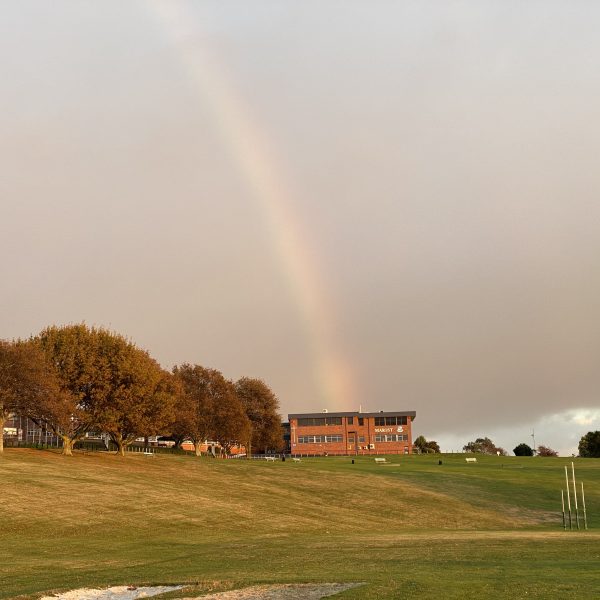For God’s foolishness is wiser than human wisdom, and God’s weakness is stronger than human strength.
1 Corinthians 1:25

For God’s foolishness is wiser than human wisdom, and God’s weakness is stronger than human strength.
1 Corinthians 1:25

We are amongst the few. There is sufficient evidence that Jesus of Nazareth, a rabbi who lived in the first century of the Common Era, who lived peripatetically with a group of followers, had lived. He had a particular zeal in getting to the core of his Jewish faith. He had an affinity and empathy with those who lived on the margins. He met hostility with the vision he proclaimed and ultimately lost his life in a political manoeuvre. There is sufficient evidence of this story.
His followers and their communities, after some time and much upheaval, gathered a great number of stories about Jesus, reviewed them through the eyes of faith and the patrimony of their scriptures and placed them on record. There is also evidence that there was some ‘latitude’ granted in their recollection – a miraculous pregnancy, wine turned to water, deaf made hearing, the ill healed, dead raised, and finally, following his death Jesus of Nazareth himself was raised to life and continued his ministry for some 40 days before leaving his followers.
There is fact, and there is faith. Armed only with fact, many dismiss the claims of the communities of faith as being foolish and can be derisive of the ‘fairy tales and myths’ upon which they believe our faith is built. Then, of course, there are those whose faith is utterly dependent on a ‘biblical’ understanding of faith, ‘sola scriptura’, which arose in the Reformation and which states that the scriptures are the sole infallible sources of authority for Christian faith and practice. That being so, many a biblical scholar has exegeted every aspect of the divine from the scriptures to leave nothing but a piece of lifeless literature, while at the other end of the spectrum are those who believe in the absolute inerrancy of the scripture and are often (but not always) seen to possess a literalist understanding.
There has been a disarming divide – which has been over 100 years in the making – since the rise of modernism in the arts, literature, philosophy, and psychology – between what we now call liberal and conservative. In our context it is applied to our beliefs and practices. In the Catholic context liberals are often seen as possessing a somewhat ‘flexible’ attitude to the moral, liturgical, sacramental doctrine both Church and scriptural – while conservatives are seen to maintain a firmer, even solid, and less flexible attitude.
Non-believers of all kinds poke their noses at Christians for the dishevelled state of our churches and the disarray of our competing ideologies and lack of unity.
We continue to see wisdom and strength in our beliefs and attitudes, but we sorely underestimate God’s. Somehow, through the morass of our folly, God continues to work in us and through us. The Good News of Jesus Christ continues to be proclaimed in every corner of the world – despite the obfuscations, detours, and downright errors. This is the wisdom of God.
Paul writes with characteristic directness: For Jews demand signs and Greeks desire wisdom, but we proclaim Christ crucified, a stumbling block to Jews and foolishness to Gentiles, but those who are called, both Jews and Greeks, Christ the power of God and the wisdom of God (1 Corinthians 1:22 – 24).
Mr Peter Douglas
Director of Faith and Mission